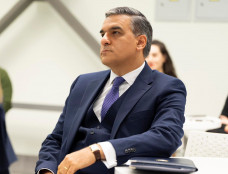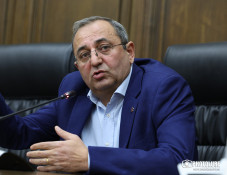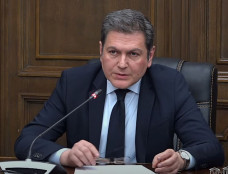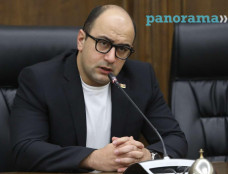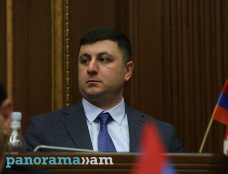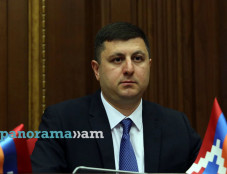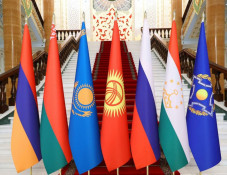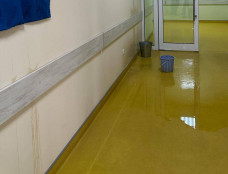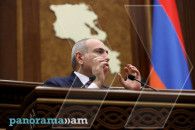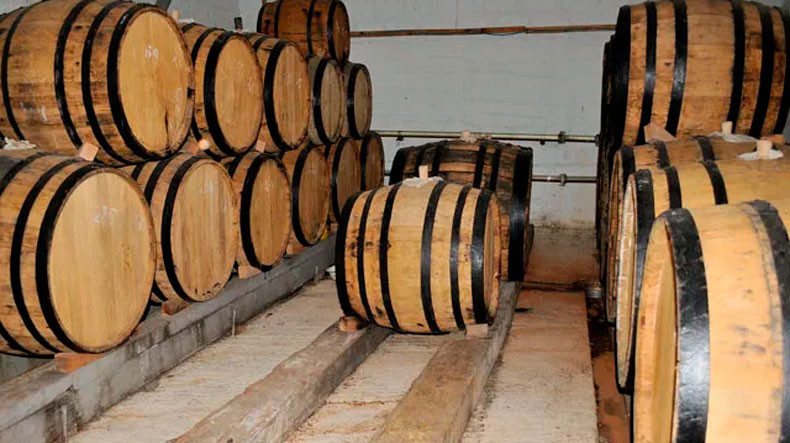
Barrels of Armenian winemakers left full amid coronavirus
The closed borders, restaurants and pubs, the lack of tourists, as well as the sharp decline in exports and domestic consumption due to the coronavirus pandemic have left the barrels of Armenian winemakers full this year.
It is difficult to say how long the wine will remain stored in the cellars. The good news is that no winemaking company has been shut down in this period. Due to its peculiarities, the wine industry is feeling the full force of shocks, but it tends to survive for a long time.
"Wine containers are 70% full, while the ones of brandy are half full. The barrels are full, there is no free space. We rely on three sectors for sales: exports, tourism and domestic consumption, while all three of them are totally collapsed,” Avag Harutyunyan, head of the National Wine Center, told Panorama.am in an interview.
The expert says that perfect grape harvest is anticipated this year, both quantitatively and qualitatively, but the big issue is how the wine made from it will be stored.
Businesses that have failed to sell their products cannot afford new investments to buy new barrels. In Avag Harutyunyan’s words, the enterprises even have nothing to pledge to banks this year.
"In order for a small manufacturer to get a loan of 5 million drams, he/she needs to spend 400,000 drams on making a pledge. These are extremely expensive services. The villager or a small manufacturer takes a small loan, pays the processing costs, then gets the big loan and is involved in machinations to repay the small loan sum from the big loan,” Harutyunyan stated.
Ahead of the tense season, the head of the center presented the problems and the possible ways to resolve them in a written form to the government two weeks before the cabinet meeting held a few days ago.
"We asked them to grant interest-free loans for a little longer, postpone previous loan payments for 2-3 months for the sum to be spend on purchasing new crops. We asked them to extend the grace period," Harutyunyan noted.
Before the prime minister's meeting with the businessmen, the government promised in its response letter to resolve the issue by September 1.
Harutyunyan is optimistic that the sphere, which has survived through four crises, will handle this one too.
"In 1996, 1998, 2008, 2014 ... After all the crises, we experienced a two-year post-crisis state of recovery," he said, expressing confidence that they will emerge stronger after overcoming the crisis soon.
Newsfeed
Videos





